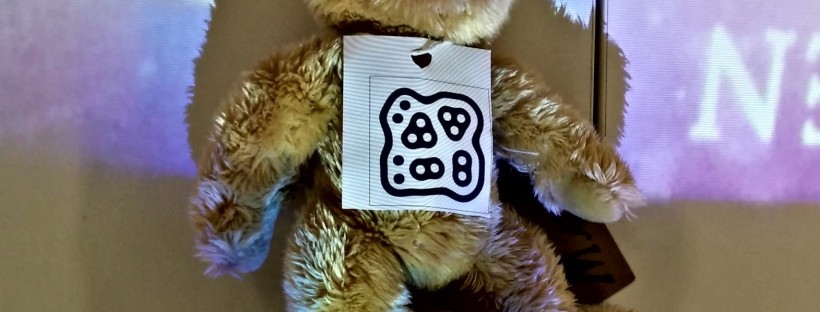Rachel Thomson, Professor of Childhood and Youth Studies, University of Sussex Reblogged from everyday childhoods blog I spent a really interesting day at a University of Sussex event in the ESRC funded Digital Bubbles series exploring interdisciplinary perspectives on autism and technology enhanced learning. I was invited as a sociologist to say something about how … Continue reading Digital bubbles, networked publics and sonic bridges
Category: Innovation
Mass Observation and the ‘My Object Stories’ Hackathon
In the second of a series of blog posts, Suzanne Rose and Anthony McCoubrey from the Mass Observation Archive reflect on their participation in the ESRC Festival of Social Science event: the ‘My Object Stories’ Hackathon and the significance of ‘object stories’ for the Archive. Re-blogged from Everyday Childhoods Blog This was the third year in … Continue reading Mass Observation and the ‘My Object Stories’ Hackathon
Space Invaders: Children, Youth and Public Spaces
Space Invaders is a project run by the Centre for Research and Innovation in Childhood and Youth (CIRCY) at the University of Sussex in collaboration with the School of Education at the University of Brighton. It is funded by the University of Sussex through the Higher Education Innovation Fund. The project facilitates children and young … Continue reading Space Invaders: Children, Youth and Public Spaces
(Vulner)ability and creative action research spaces
Public discourses of children in general, and children in welfare settings in particular, often revolve around their vulnerability. Official statistics for example note that children in care are more likely than the general population to experience mental health problems. This way of thinking about children has the tendency to focus on the individual child and … Continue reading (Vulner)ability and creative action research spaces
Space invaders: creating child-centred spaces of public debate
By Sevasti-Melissa Nolas Our Space Invaders: #iMedia competition launches today. We want to know how children and young people use their social media, online gaming and other new technologies. To do so, we are asking children and young people to create three-minute videos describing how they use sites such as Facebook, Twitter and YouTube, as … Continue reading Space invaders: creating child-centred spaces of public debate
Against the odds
by Sevasti-Melissa Nolas The last couple of Fridays my MA Childhood & Youth Studies (MACYS) students and I have been visiting the South London children’s charity Kids Company. The visits to the charity are part of the MA programme’s enrichment activities. Their Clinical Director also delivered one of the sessions on the Current Developments in … Continue reading Against the odds
Foster care and user engagement in research
Former Sussex colleagues Nikki Luke and Judy Sebba, both at the Rees Centre for Research in Fostering and Education at the University of Oxford, are doing some really interesting work on fostering and children’s outcomes. Particularly exciting in the Centre’s design which puts user engagement at the heart of its work.
Nikki Luke, our guest blogger for this week, is the Research Officer at the Rees Centre for Research in Fostering and Education at the University of Oxford. Nikki is an alumna of the University of Sussex, having recently completed her doctoral work in the Department of Psychology. The work of the Rees Centre, which has been set up in order to identify what works to improve the outcomes and life chances of children and young people in foster care, is of direct relevance to social work and we’re delighted to host Nikki’s post reflecting on her first few months with the Centre. Read more about the Rees Centre at http://reescentre.education.ox.ac.uk
I recently completed my PhD in Psychology at the University of Sussex. For me, as for many Doctoral students, participants were the people I interviewed and tested, while I was the researcher who came up with the questions, ran the…
View original post 484 more words


